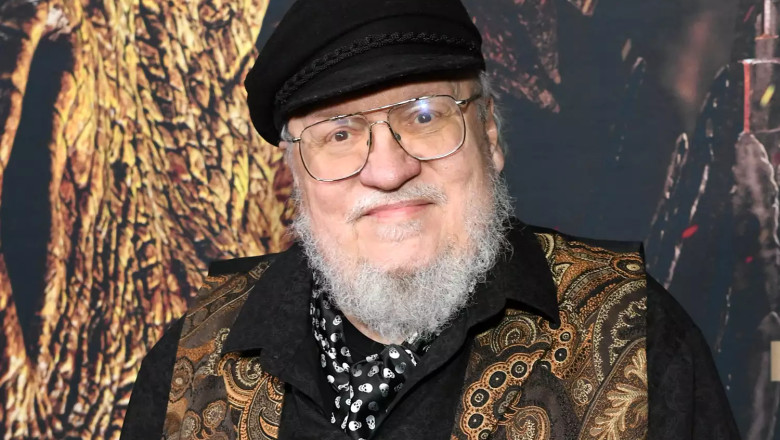
views
This isn't the first time Martin has voiced concerns about the creative liberties taken with his stories, but the directness of this latest statement highlights a growing tension between original authors and the industry machines that bring their work to the masses. While he didn’t name names or specific projects, fans immediately drew connections to Game of Thrones, particularly its controversial final seasons, crafted without Martin's completed source material.
Creative Vision vs. Commercial Adaptation
At the heart of Martin’s frustration lies a broader issue in the entertainment industry: the delicate balance between staying faithful to an author’s vision and reshaping stories to fit production needs, viewer expectations, or time constraints. Martin has long emphasized that depth, nuance, and character complexity are central to his storytelling. But in television, time is money, and subtlety often loses out to spectacle.
While House of the Dragon, which Martin is more closely involved in, has received praise for staying true to his tone and lore, it stands in contrast to earlier critiques from fans who felt the original Game of Thrones series lost its way after outpacing the books.

The Author’s Role in Adaptation
Martin’s comments also raise important questions about how much input original authors should have when their work is adapted. Some, like J.K. Rowling or Neil Gaiman, have had extensive involvement in adaptations of their work. Others, like Philip Pullman or Stephen King, have seen mixed results with varying degrees of influence.
Martin has expressed that he wants to be more than just a name in the credits. As he put it, “Sometimes other people understand the characters and the world. Sometimes they don’t.” For a world as intricate as Westeros, that understanding, or lack thereof, can make or break the entire experience.
Fan Reactions
Unsurprisingly, fans have had strong reactions. Some see Martin’s comments as long overdue vindication of critiques aimed at the final seasons of Game of Thrones. Others feel that while his frustration is valid, the best way forward is to finish the books and reclaim control of the story in written form.
Final Thoughts
George R.R. Martin’s statement isn’t just a complaint, it’s a reminder. Behind every fantasy epic is an author with a vision, painstakingly built over decades. And while adaptations can bring those visions to wider audiences, they can also dilute or distort them if not handled with care.
As audiences grow more savvy and invested in source material, the industry may need to rethink how it works with authors, not just to license their ideas, but to truly collaborate with them.











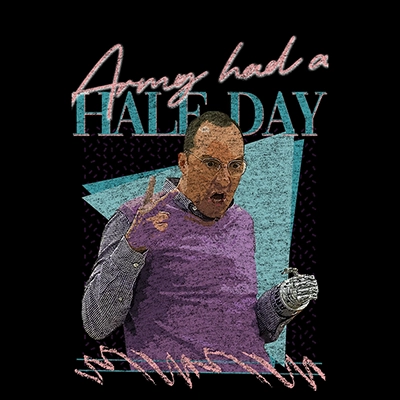
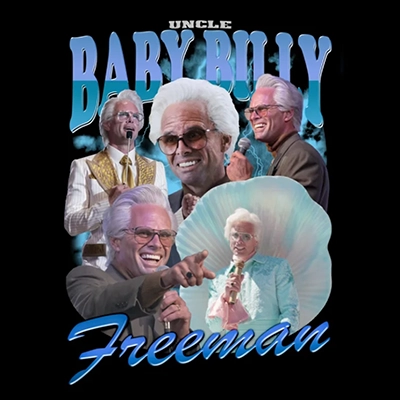

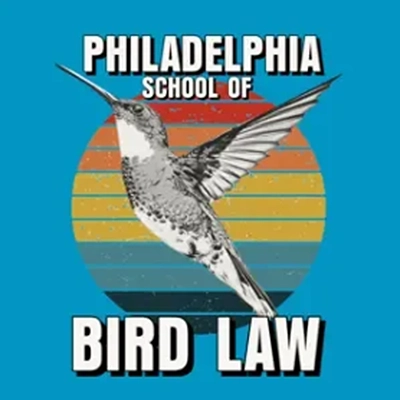


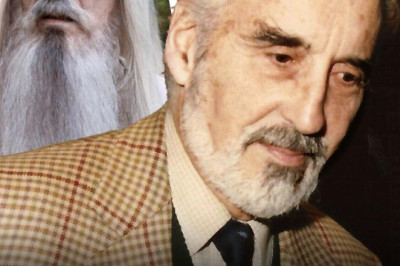

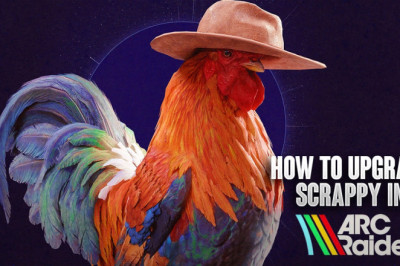
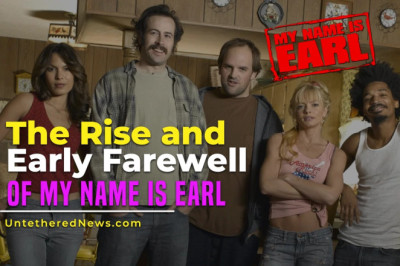

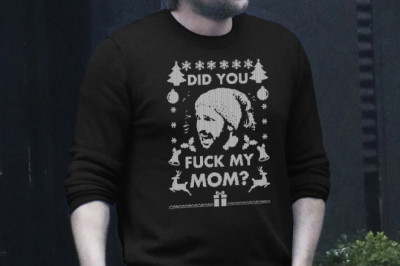
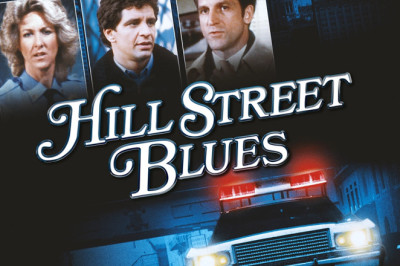

Comments
0 comment